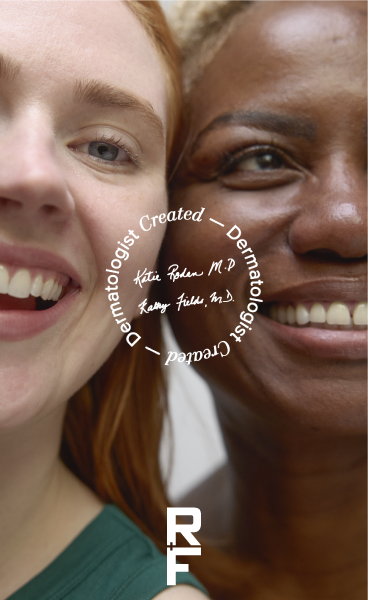Limited-Time Offer: New Customers get 25% off with code WELCOME25. Shop Now
Sign in

YOUR SESSION IS ABOUT TO EXPIRE:
Confirmation
WHAT IS CRP & HOW DOES CRP WORK?
For more information, view the CRP Terms & Conditions.
WHAT IS CRP & HOW DOES CRP WORK?
For more information, view the CRP Terms & Conditions.
WHAT IS CRP & HOW DOES CRP WORK?
For more information, view the CRP Terms & Conditions.
WHAT IS CRP & HOW DOES CRP WORK?
For more information, view the CRP Terms & Conditions.
WHAT IS CRP & HOW DOES CRP WORK?
For more information, view the CRP Terms & Conditions.
What causes acne?
Acne occurs when sebum, the oily substance that lubricates the skin and hair, and dead skin cells accumulate in the pores. This buildup can create a perfect environment for bacteria to grow, causing the inflammation and breakouts associated with acne.
Hormones can play a role in the development of acne as fluctuations in hormone levels can trigger an increase in oil production, which can lead to clogged pores. Certain medications, stress, and lifestyle factors such as poor diet and improper skincare habits may also worsen existing acne or even cause new breakouts to occur.
What causes blackheads?
Blackheads, also known as open comedones, are a type of acne characterized by small, dark spots on the skin. They occur when the openings of follicles on the skin become clogged with dead skin and oil, creating a bump. If the skin over the bump is open, the bump's contents are exposed to the air, which causes the bump to oxidize and appear dark in color. Blackheads can appear on any area of the face but are most commonly found on the nose and chin.
In general, the same factors that contribute to other types of acne also cause blackheads. These include excess oil production, bacterial buildups, hair follicle irritation, hormonal changes, and certain medications.
What are the causes of cystic acne?
Cystic acne is caused by a combination of excess oil production, bacteria on the skin's surface, and inflammation. When dead skin cells accumulate in pores and hair follicles become blocked with sebum (the oily substance produced by the sebaceous glands), it can create an environment where bacteria can flourish while triggering an inflammatory response from your body's natural immune system. The result is a painful, red cystic acne blemish that can take longer than other types of pimples to heal.
Some lifestyle and health-related factors can contribute to the development of cystic acne, such as hormonal imbalances, excessive stress, poor hygiene habits, and an unhealthy diet. Additionally, certain medications or medical conditions can trigger or worsen this skin condition.
What is hormonal acne?
Hormonal acne is a skin condition involving fluctuations in the body's hormone levels during adulthood. It is most commonly caused by an increase in androgen hormones, such as testosterone. However, changes in other hormones, such as estrogen and progesterone, may also contribute to the development of hormonal acne.
This type of acne typically manifests as cystic or nodular breakouts, which are deeper and more painful than regular acne. These breakouts generally occur in the areas where oil glands are more active, such as the chin, jawline, chest, and back. Hormonal acne can be difficult to manage and may require medical treatment in order to keep it under control.
How long does acne last?
The duration of acne varies from person to person. For some, acne may last just a few weeks or months before resolving on its own. For others, acne can be a lifelong condition, especially if it's left untreated.
In many cases, acne lasts as long as the lifestyle factors contributing to it remain the same. If the underlying cause can be addressed, acne may clear up more quickly. Additionally, certain skincare products and medications can help reduce the duration of acne and minimize breakouts long-term.
Why do we get pimples?
Pimples are caused by a buildup of sebum, the natural oil that lubricates the skin and hair, and bacteria in the skin's pores. As skin cells die, they can clump together, clogging the pores and trapping sebum beneath them. This creates an environment where bacteria can grow and cause inflammation, resulting in pimples.
The reason behind this mechanism is different for each person. Hormonal fluctuations, stress, lifestyle factors, and certain medications may all contribute to clogged pores and the formation of pimples.



